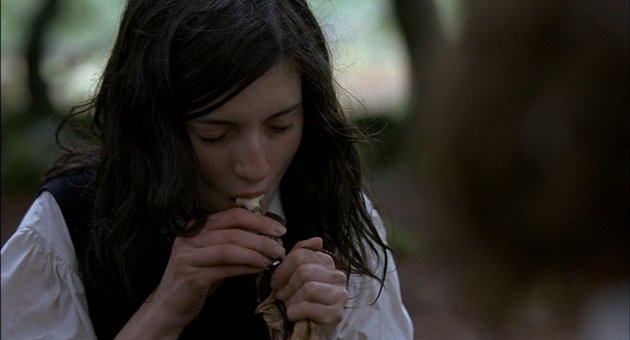“Silver Linings Playbook” review: mental illness plus ballroom dancing equals a madcap surprise
Alonso Duralde Reuters
7:24 p.m. CST, November 14, 2012
LOS ANGELES (TheWrap.com) – Hardcore art-house enthusiasts might remember the 2003 documentary “The Five Obstructions,” in which Lars von Trier has his friend and mentor Jørgen Leth remake one of Leth’s own films several times with different challenges involved. (Shoot it in Cuba with no set and no shot that lasts longer than 12 frames, film it as a cartoon, etc.)
Writer-director David O. Russell (“The Fighter,” “I Heart Huckabee’s”) returns to the big screen with “Silver Linings Playbook,” and his triumph seems all the more miraculous given a set of obstructions that even von Trier might have found excessively difficult:
50% Off Jules and James Watches
View Deal
$40
$20
Create a romantic comedy about mental illness that also involves ballroom dancing and pro-football fandom. Make Bradley Cooper act rather than letting him coast on his charm. And get low-key, empathetic performances from Robert De Niro (one of the best actors of the last 40 years, and one of the worst actors of the last 20) and Chris Tucker.
Adapting the novel by Matthew Quick, Russell has done all that in an extraordinary balancing act; “Playbook” often surprises, even as it constantly threatens to run off the rails. “This shouldn’t be working,” I kept thinking to myself along the way, “and yet, it does.”
If you’re looking for a realistic portrayal of bipolar disorder or OCD, seek that elsewhere. Characters here are “crazy” in the lovable, recognizable way of mainstream American cinema, but once you’ve accepted that context, there’s plenty to enjoy here.
Cooper stars as Pat, a substitute teacher just getting out of a mental institution after a violent episode involving his wife and her secret lover. Moving back in with his parents Pat Sr. (De Niro) and Dolores (Jacki Weaver), Pat focuses on getting his wife back, not letting something as minor as her restraining order get in the way.
Pat’s manic episodes find their counterpart in Pat Sr.’s obsessive-compulsive disorder, which he’s managed to camouflage as extreme fandom for the Philadelphia Eagles. (If someone moves the remote, the team will lose!) Meanwhile, Pat’s unhappily-married pals (John Ortiz and Julia Stiles) try setting him up with Tiffany (Jennifer Lawrence), a young widow who’s had episodes of her own (mostly involving sex with strangers) but is now finding balance in her life through ballroom dancing.
You may guess that Pat and Tiffany, each spinning around in their own strange orbits, come together on the dance floor, but their pas de deux is just one of many things going on in “Silver Linings Playbook,” which also finds room for Dash Mihok’s grumpy local cop (whose sole responsibility seems to be turning up whenever Pat is having some kind of public meltdown) and Tucker as Pat’s fellow inmate with a talent for getting over the wall.
Russell pitches the action at a manic, screwball pace, and the cast is more than up to the task, with Cooper and Lawrence attracting and repelling each other with equal dynamism and talented supporting players making these shouting, unhappy characters into memorable eccentrics.
(Ortiz’s slow burn as a henpecked husband is particularly potent.)
A less talented and less heartfelt filmmaker would have reduced this crew to easily digestible types, shied away from their darker behavior and gone for sitcom-level laughs and learning, but Russell is too smart for such lazy obstructions. He’s crafted a wonderfully odd ode to dysfunctional people trying to make their way in the world, and he knows that their journey would mean nothing without a few black clouds along the way.




